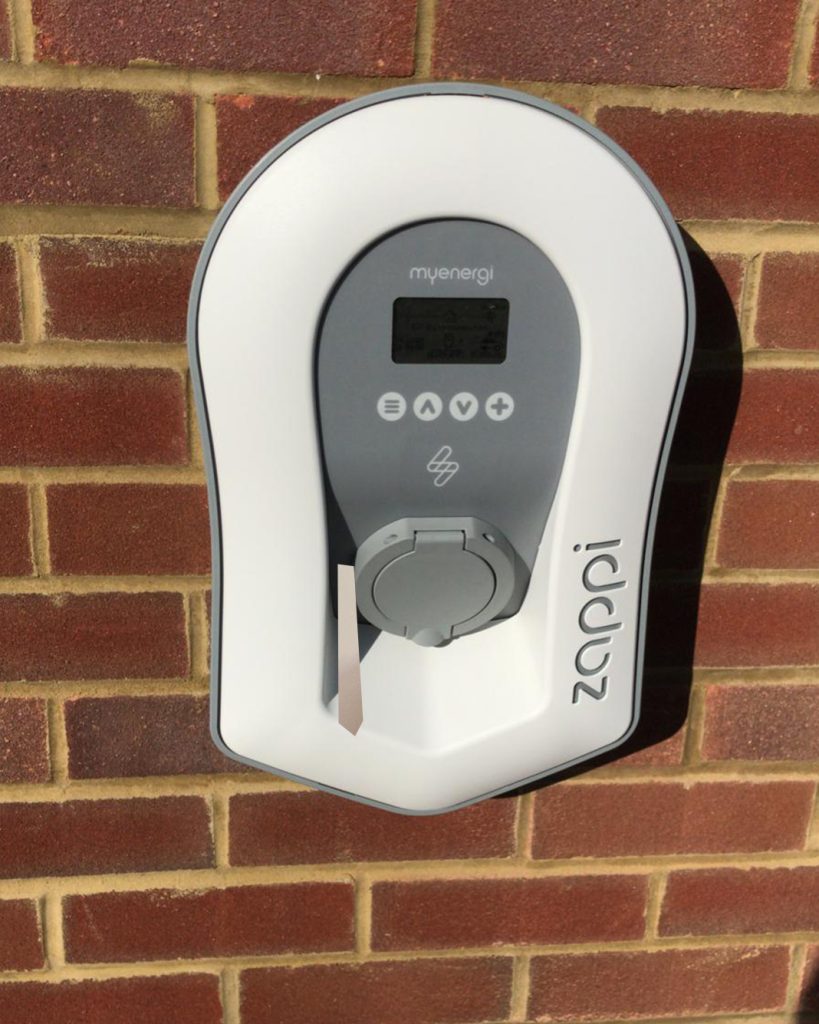Solar Focus!
Are Electric Cars Actually Cheap To Run?
Introduction
Welcome to The Renewable Energy Company, your dedicated partner in shaping a sustainable future. We are committed to revolutionizing the energy landscape by championing renewable energy solutions. In this blog post, we will delve into the economic benefits of electric vehicles (EVs) and shed light on how they can be a cost-effective choice for environmentally conscious consumers. Discover the advantages of owning an electric car and explore the potential savings that await you.
Lower Operational Costs:
While electric vehicles may have a higher upfront cost, the good news is that they tend to be more affordable over the course of ownership. This is primarily due to reduced maintenance requirements and cheaper per-mile costs. When you own an electric car, you can bid farewell to road tax expenses, saving approximately £165 annually, and avoid congestion charges in London, which amount to £15 per day. Beyond their environmental friendliness, electric cars offer compelling financial benefits.
Reduced Fuel Expenses:
According to the latest data from RAC Fuel Watch, as of July 2022, the average cost per liter of petrol in the UK stands at 191.53p. For a typical family petrol car with a 55-liter tank, refilling from empty would cost around £105.34, nearly double the cost compared to the previous year (£57.58). This significant increase is a wake-up call for motorists seeking alternatives.
The cost of charging an electric car at home depends on the make and model, but we have broken down the overall charging costs for you. Keep reading to discover if electric cars are truly more affordable to run.
Home Charging Convenience:
Installing a home EV charger simplifies and reduces the cost of charging your electric vehicle. Home charging points typically have power ratings of 3.7kW, 7kW, or even 22kW, affecting the charging time. Most home EV charging points feature a 7kW power rating, which can charge a typical electric car with a 60kWh battery in under 8 hours, from empty to full.
As per Ofgem, the average domestic electricity rate in the UK is currently 28p per kWh. Charging an average electric car from home to its full usable battery capacity would cost around £15.12, which is approximately £90 cheaper than the equivalent amount of petrol. With EV charger installations available through The Renewable Energy Company starting at just £850, it takes only 10 charges to start seeing those savings, making home EV charging an attractive option.

Overnight Home Charging:
Utilizing a “time or use” tariff, such as Octopus Go, can significantly lower your electric vehicle charging costs. Despite higher daytime rates, these tariffs offer 5-7 hours of cheaper electricity during off-peak hours, ideal for overnight charging. By opting for an energy tariff tailored for EV drivers, like GoElectric 35, you can charge your electric car for as low as 4.5p per kWh. Charging your EV for less than £5 while you sleep highlights that electric cars are far more economical to run compared to their petrol counterparts.
Public Charging Considerations:
Charging your electric car at public stations is a convenient way to top up your miles. The UK public charging network has witnessed a 34% increase in charging points since June 2021, reaching a total of 32,663 public charging points across 19,960 locations. These charging options range from slow to ultra-rapid, with faster chargers generally costing more. Rapid charging points, commonly found at motorway service stations, often charge around 44p/kWh, equivalent to approximately £11 for 30 minutes of charging.
Supermarkets and car parks frequently offer free access to chargepoints during your visit, and many employers provide free workplace charging schemes. Utilizing mobile apps like ZapMap, BP Pulse, or PlugShare can help you locate the nearest chargepoints.
Solar PV Integration:
One major advantage of owning an electric car is the possibility of utilizing home-generated solar energy to power it. Charging your electric vehicle with solar energy is a sustainable and cost-effective solution. By installing a solar PV system at home, you can not only save on your electricity bill but also enjoy free miles powered by the sun.
Considering that the average UK car covers 7,400 miles per year, equivalent to 2,114 kWh of electricity, charging your electric car 100% from solar energy can save you approximately £591.92 annually, based on an average electricity rate of 28p per kWh. Although additional charging through public stations might be necessary, leveraging solar energy provides significant long-term financial benefits.
Conclusion
In summary, electric vehicles are not only environmentally friendly but also offer substantial cost savings compared to traditional petrol cars. With lower operational costs, reduced fuel expenses, convenient home charging options, and the potential to harness solar energy, electric cars are undeniably more economical to run. If you’re a UK homeowner looking for the most cost-effective way to charge your electric car, get in touch with The Renewable Energy Company’s green team to explore the installation of a home EV charger or a solar PV system. Embrace the future of transportation while reaping the financial rewards of sustainable living.

